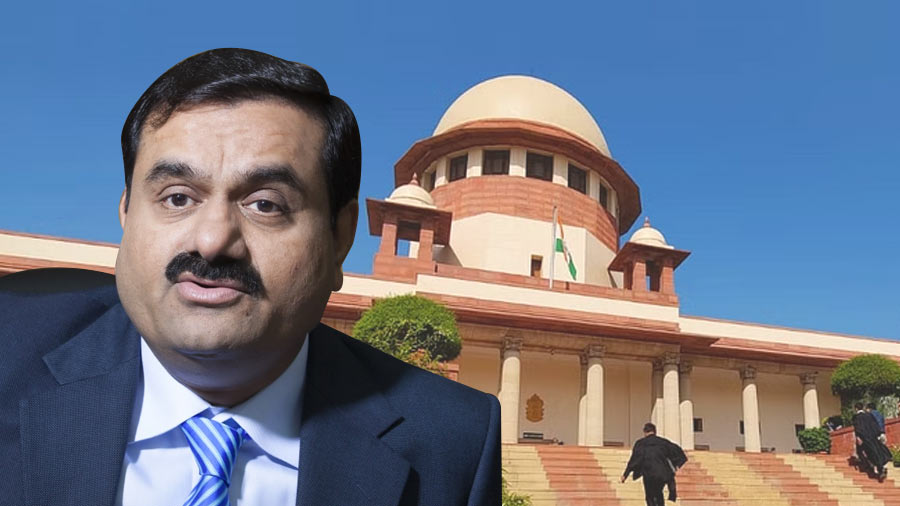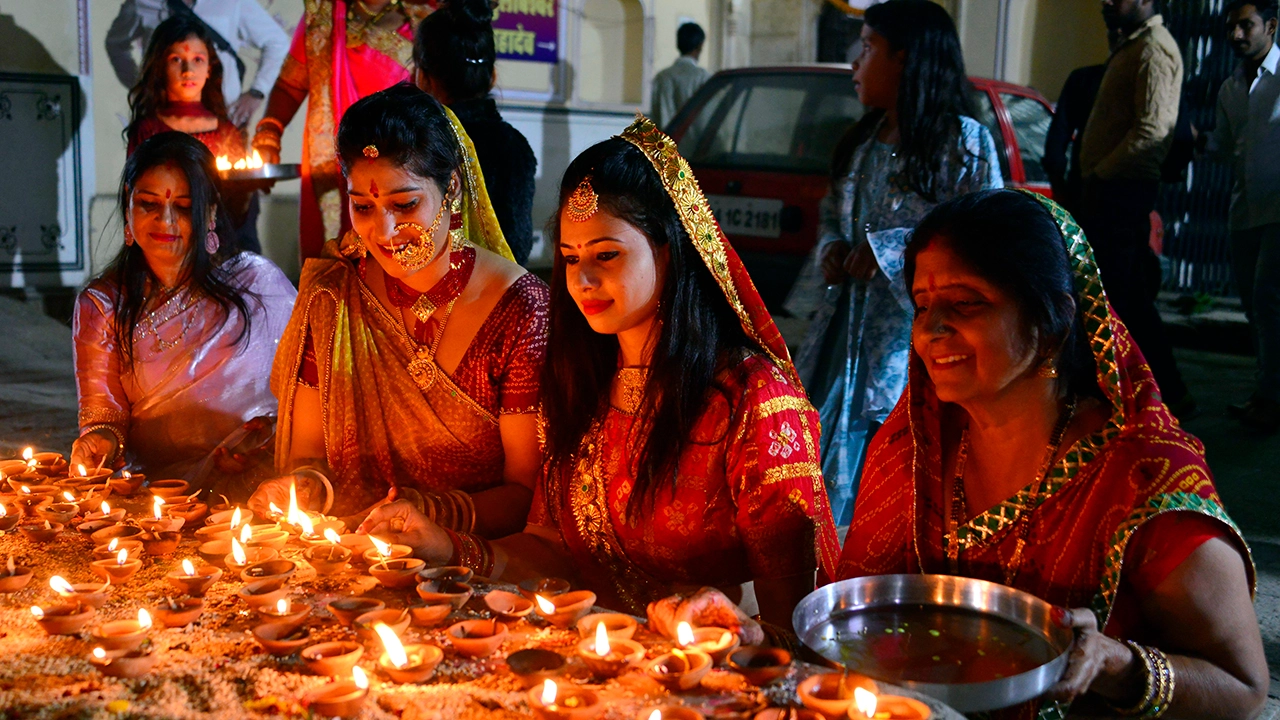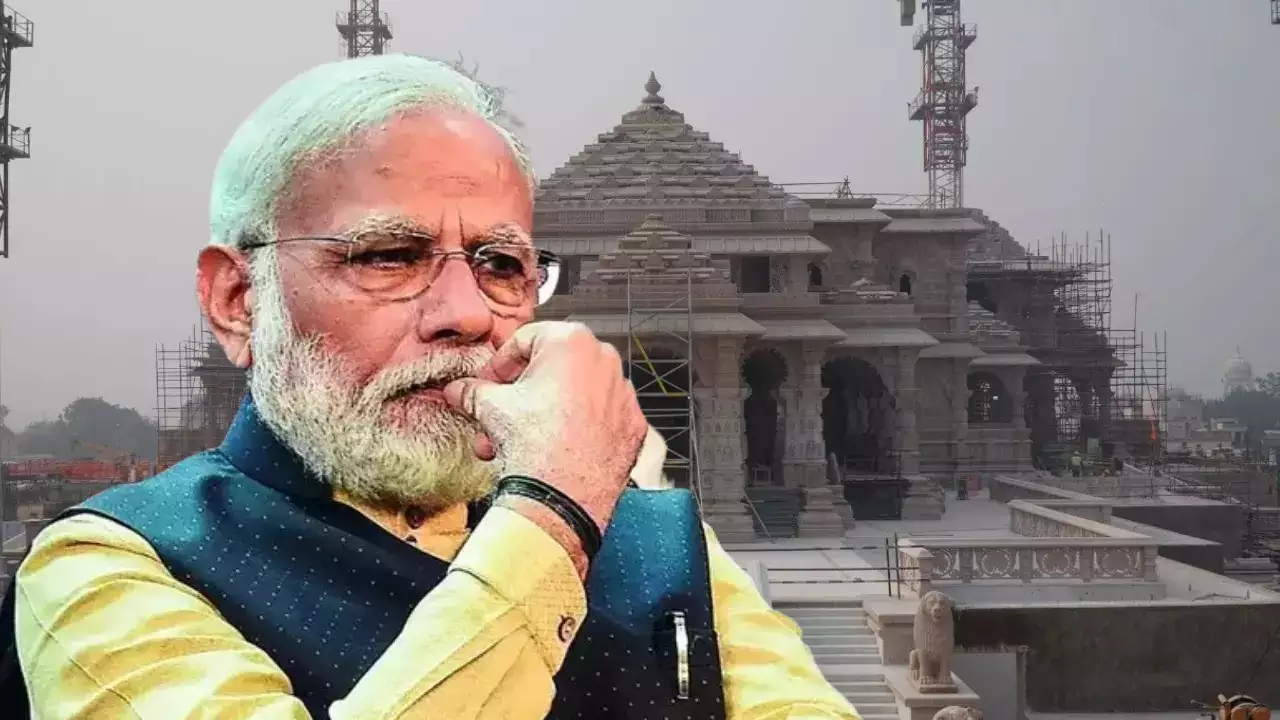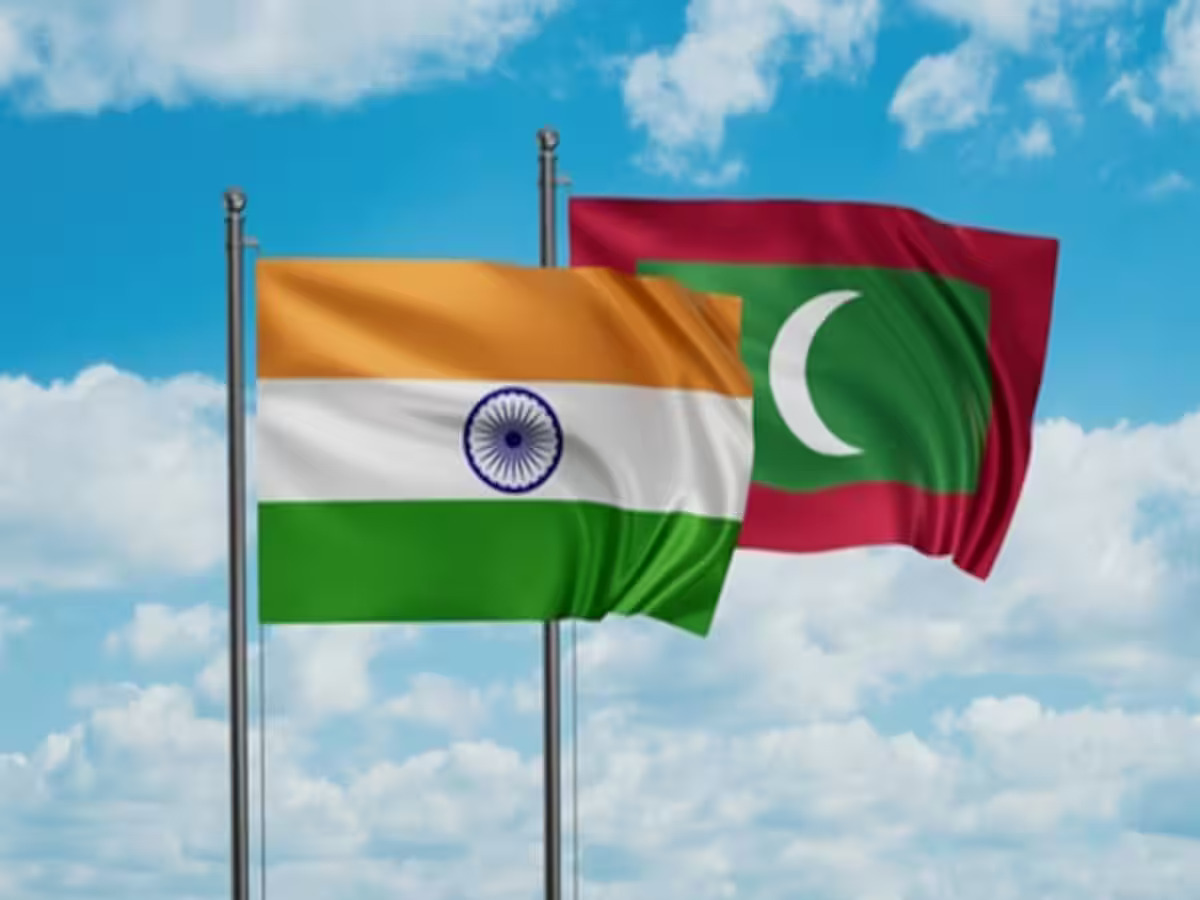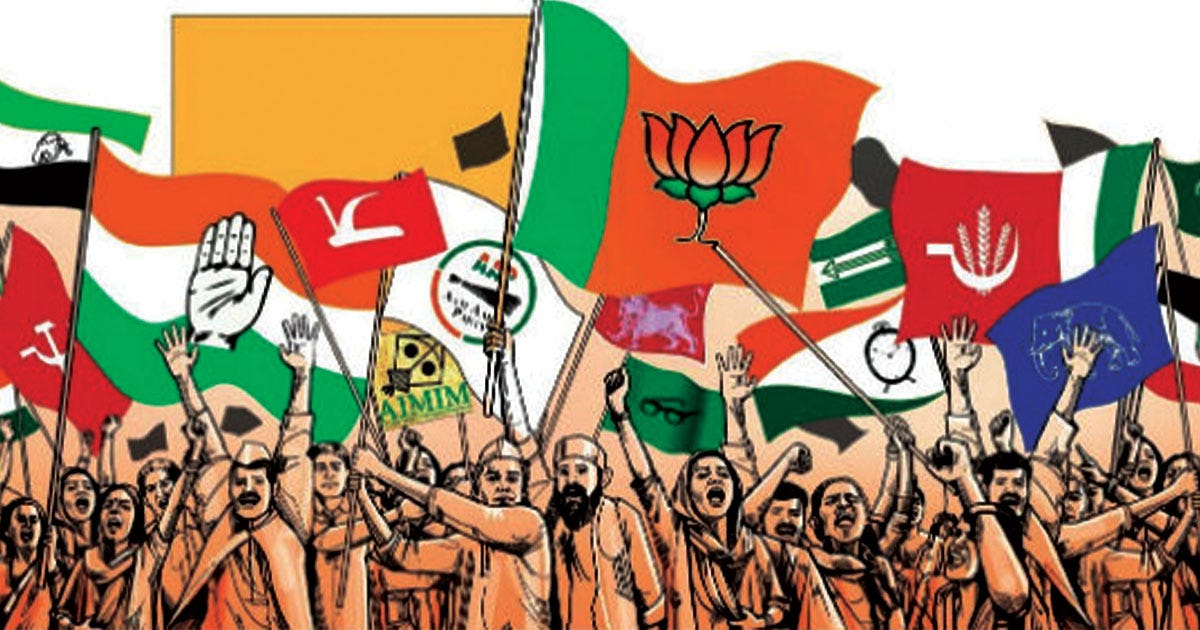Examining the recent ruling by the Supreme Court in the SEBI-Hindenburg case reveals that, despite any relief and solace that Gautam Adani may feel, the decision strongly supports the complex relationship between political and economic power that the Modi government has been able to establish over the previous ten years. The implications of this ruling go well beyond the legal system, especially in light of the approaching Lok Sabha elections. It presents democratic and progressive forces with an opportunity to critically reevaluate and confront the corruption and collusions that characterise Narendra Modi’s Naya Bharat.
This ruling by the highest court comes just three months before the next election, which lends a sense of urgency to the larger goal of overthrowing the deeply ingrained power structures that have defined Modi’s presidency. The Sebi-Adani-Hindenburg ruling, which acknowledges the difficult task ahead, signals a turning moment in which democratic forces can no longer rely on the higher judiciary for comfort on crucial issues like electoral bonds, or EVMs. It also adds moral urgency to the already difficult task. With the 2024 elections approaching, there’s an ominous feeling that fair play might be a distant dream.
While defeating the Bharatiya Janata Party under Narendra Modi is still the major objective, the political opposition must have a sophisticated grasp of Modi’s lasting appeal. It is easy to undervalue the factors that have contributed to his acceptance, particularly in the face of political opponents such as the Congress leadership and the Gandhi family. But for now, Modi gives most residents a sense of security and satisfies a basic desire for a stable political and governmental structure.
Although the Modi regime’s claims on defence and internal security are frequently criticised, it becomes strategically vital for those who seek to unseat Modi to address these issues. A united and cooperative strategy is essential as the India alliance prepares for the election, necessitating the temporary shelving of egos and aspirations in favour of the ultimate oal—a crushing loss for Modi’s BJP.
The Congress Party has a large portion of the responsibility for this group effort. Recognising that Rahul Gandhi could not be the most popular choice for prime minister is a crucial first step. In addition, non-Congress members of the INDIA coalition need to work together to support the Congress in resolving the Rahul Gandhi dilemma. Given the short time left before the election, it becomes imperative to ensure that Modi is unable to use the Gandhis as a punching bag.
Fundamentally, the goal must be to keep the Gandhis and their baggage in check so as not to detract from the main accusation made against the BJP, which is that the last ten years of the Modi administration have brought about an uneven, unjust, dangerous, unfree, and discordant social structure. The India alliance partners need to refocus the conversation on Modi’s record since he has the political savvy to try and change the story to centre on the Gandhis.
Modi has appeared to have gotten away with it for the last ten years. Any inadequacies, broken promises, illicit activities, invasions by foreign powers, reappearance of black money, and ongoing tensions and wars in areas such as Kashmir and Manipur have been attributed to outsiders. The Prime Minister and his adherents persist in attributing shortcomings to purported “blunders” made by Jawaharlal Nehru. Time to call this one on the bluff.
The leaders of the India alliance have the political savvy, street smarts, local knowledge, and rhetorical abilities to undermine Modi’s inflated claims. At the local level, the fiction of “vikas,” or development, must be dispelled, revealing the truths village by village and qasba by qasba.
It is crucial to craft an engaging story that speaks to the resentments and disappointments of the general public in order to counter Modi’s leverage point, the Hindutva/Ayodhya temple. A national election provides a forum for expressing commitments to just and strong governance. The India alliance needs to make it clear that it does not support either Muslims or Hindus in its “no appeasement” policy. The difficulty is persuading the majority population that treating minorities fairly does not mean treating them unfairly. The secret is to sever the fear-mongering spell that Nagpur has been spreading for nine decades.
Modi is neither unavoidable nor inexorable; a third term is not a given. Even if the India Alliance has never secured a majority of votes, it is their responsibility to inspire the non-Modi majority. This is not an impossible endeavour; all that is needed is for the nation to have faith in the capabilities of a united front to provide competent, caring, and purposeful leadership that will guarantee stability and security.
The nation must make a decisive decision between Modi’s alliance of prejudice and vested interests and an inclusive India that belongs to everyone and is free from ongoing internal and external strife. The choices made in the upcoming months will determine how India’s destiny develops at this critical juncture.
